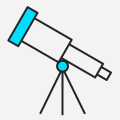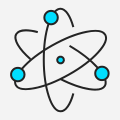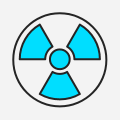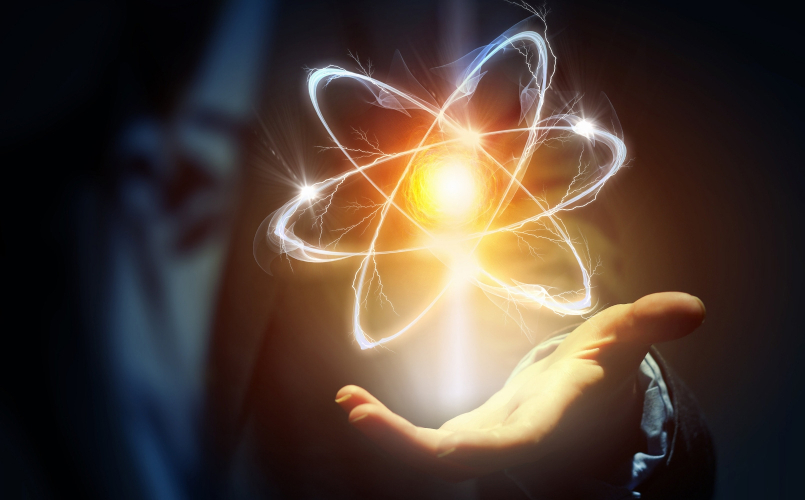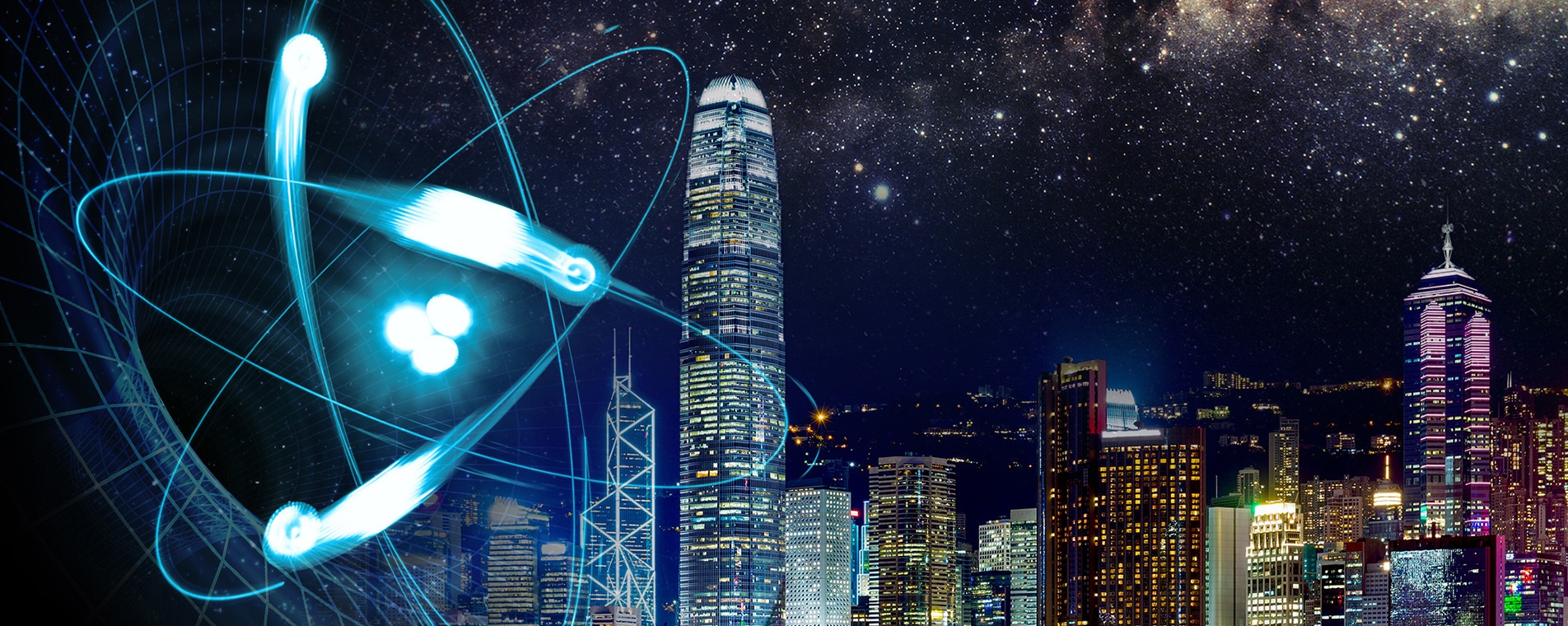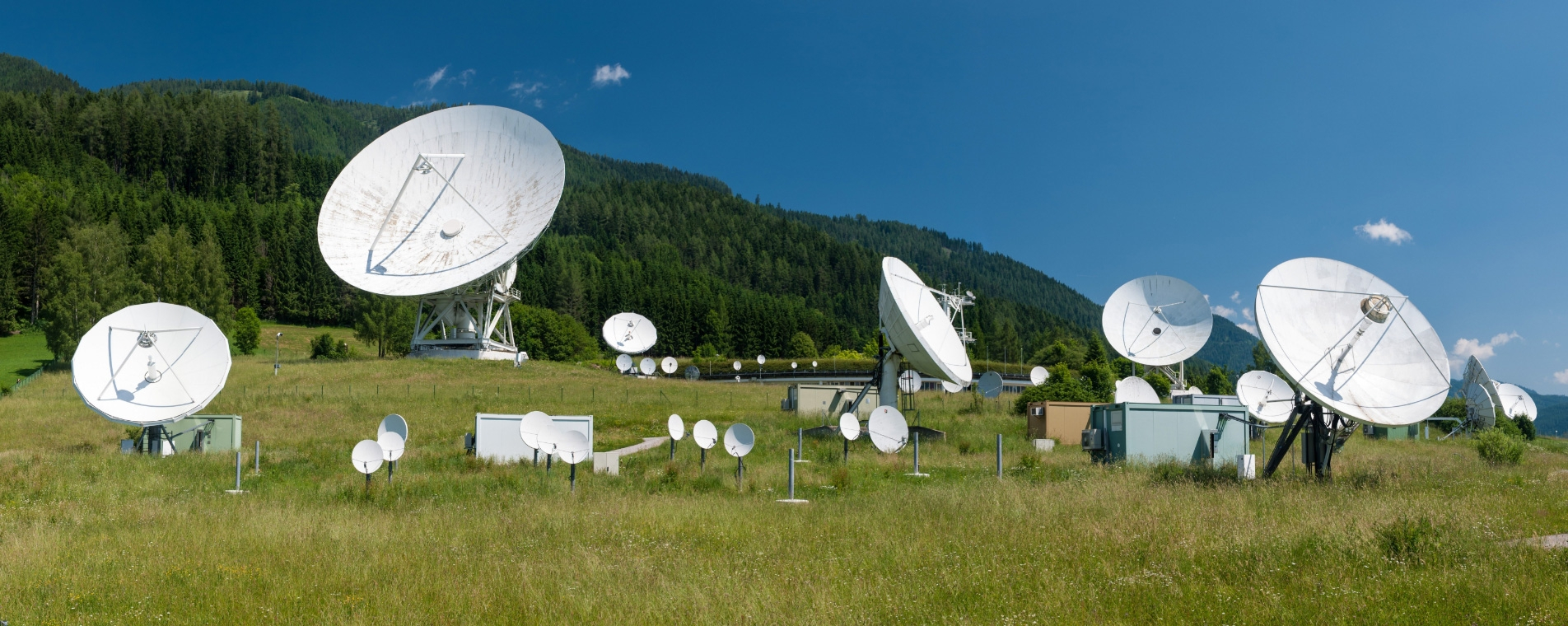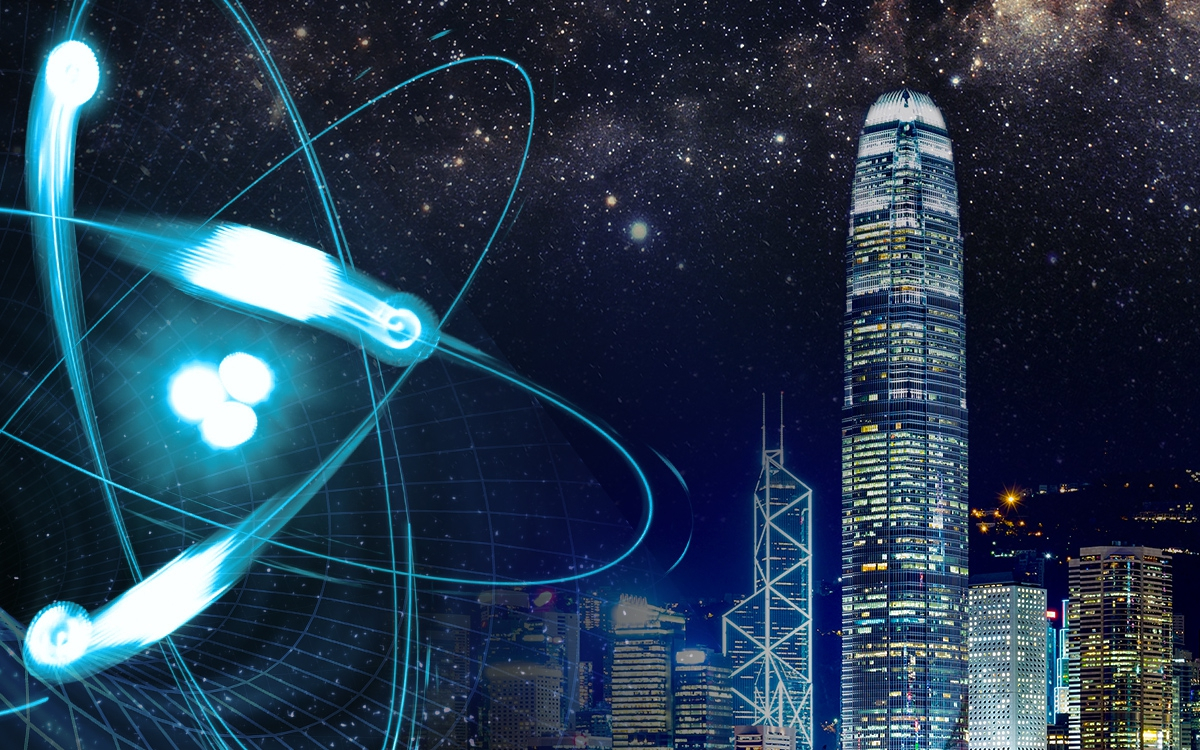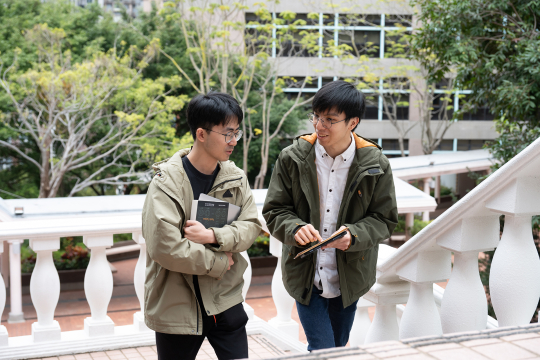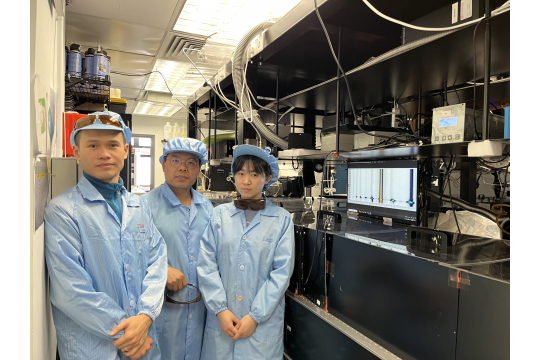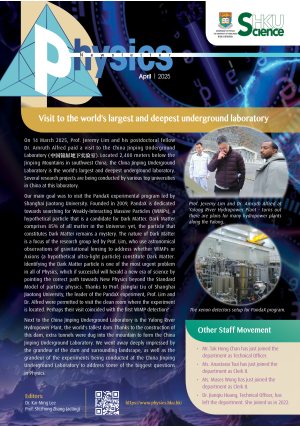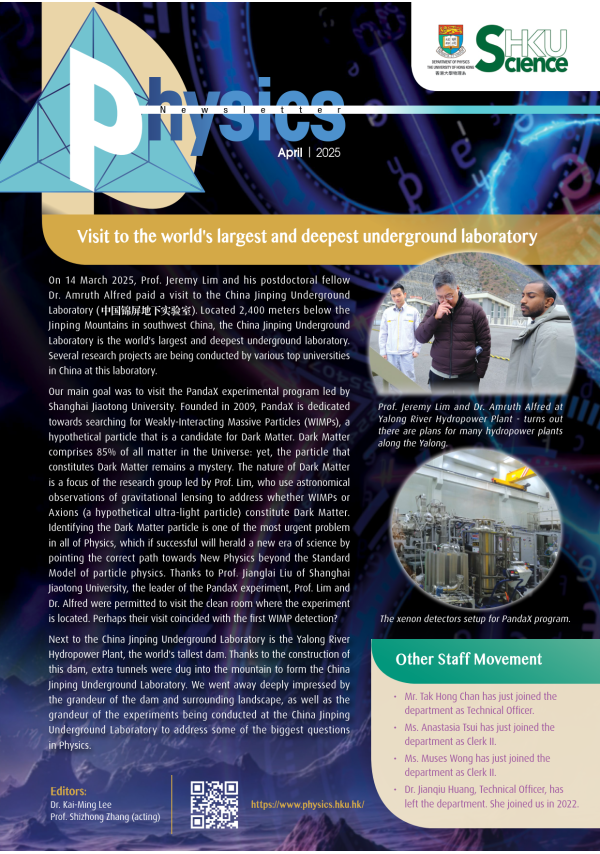Researchers at the University of Hong Kong have developed a pioneering method to map quantum entanglement, a phenomenon where particles remain interconnected regardless of distance. This innovation, termed entanglement microscopy, provides a novel way to study the intricate behaviours of quantum...
Researchers at the University of Hong Kong have developed a pioneering method to map quantum entanglement, a phenomenon where particles remain interconnected regardless of distance. This innovation, termed entanglement microscopy, provides a novel way to study the intricate behaviours of quantum...
Researchers at the University of Hong Kong have developed a pioneering method to map quantum entanglement, a phenomenon where particles remain interconnected regardless of distance. This innovation, termed entanglement microscopy, provides a novel way to study the intricate behaviours of quantum...

